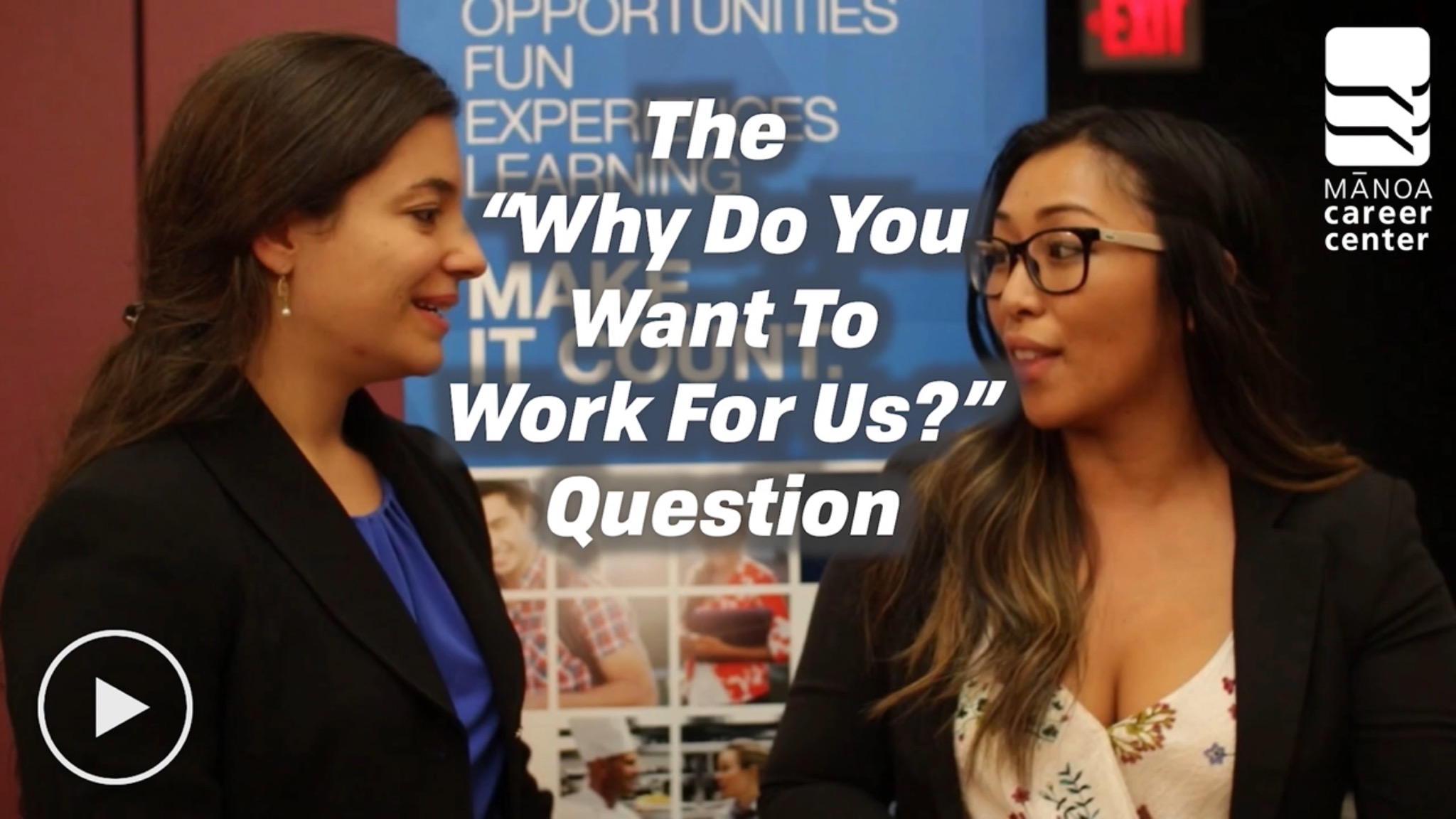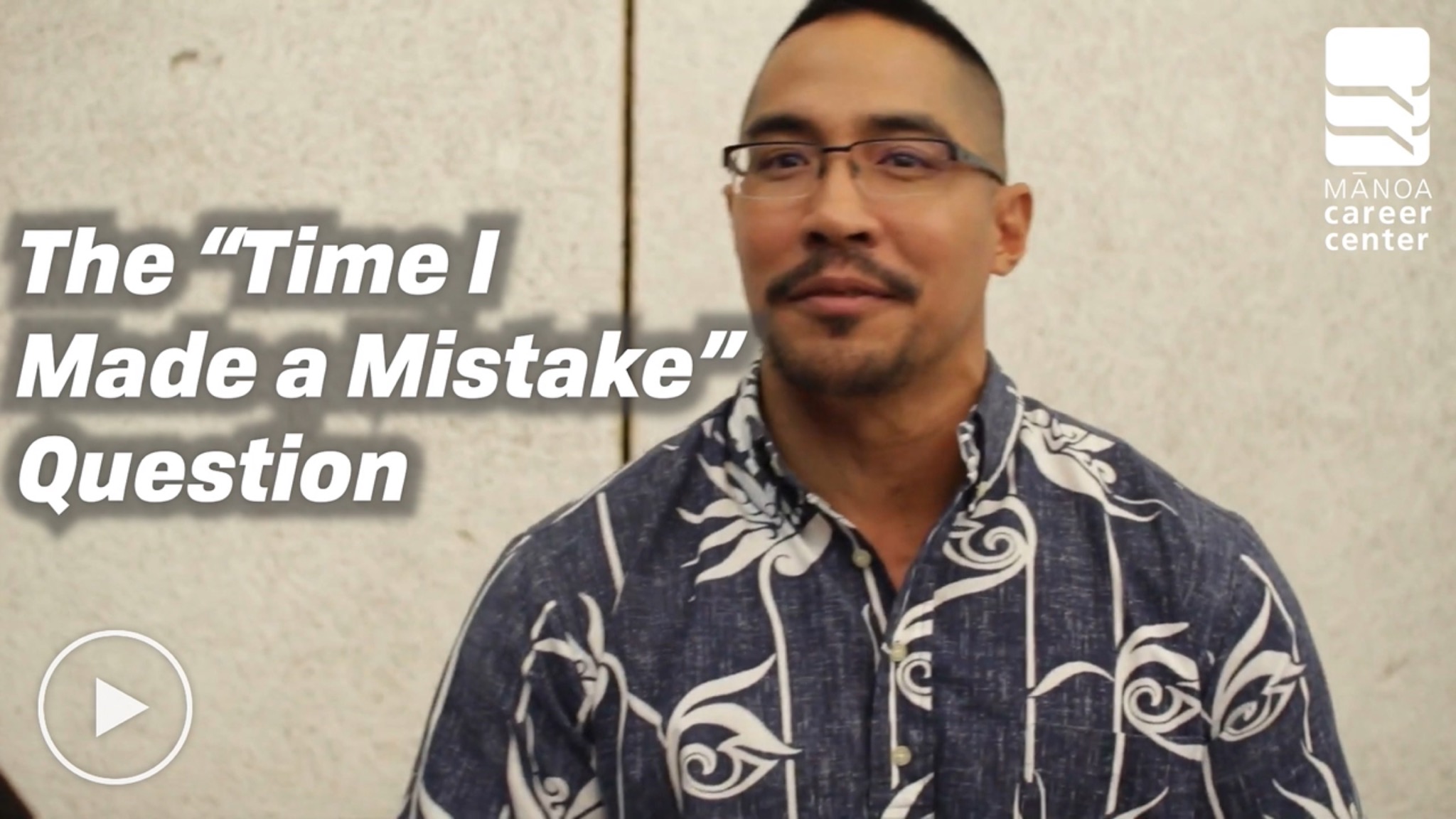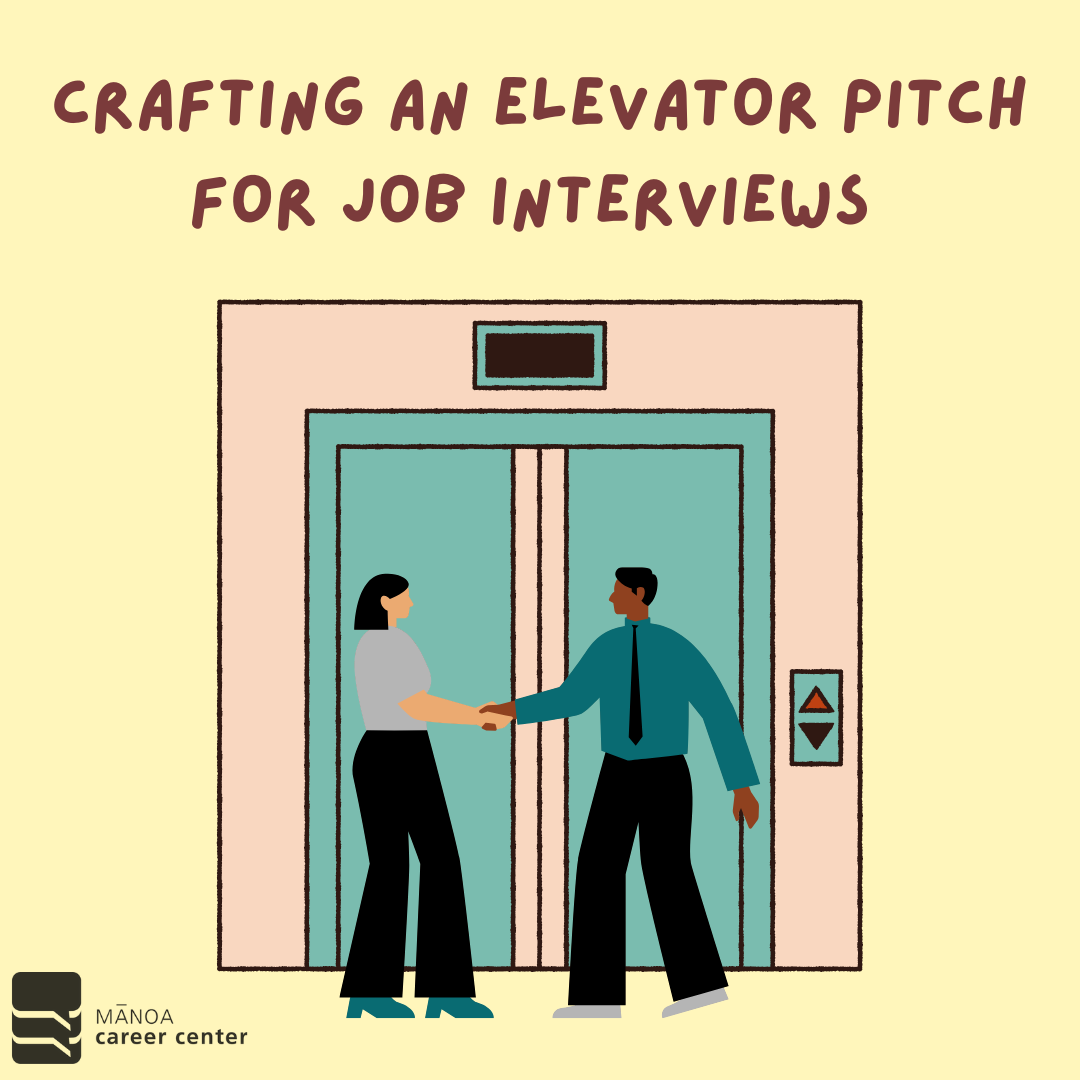Wondering how to find a job during this COVID-19 crisis? I attended an online webinar from Bridgepath Career Advisors, presented by Jill Hugget and Kate Utzschneider, where they speak about advancing your job search strategy, busting myths being said about COVID-19, shifting your mindset to things you can control, and tips on self-care and time-management.
Here are some of my key takeaways I got from this webinar:
- Focus on What You Can Control: self-care is a priority.
Use this time to help your immune system – spend time exercising, going for walks, get good nutrition and make sure your emotional state is healthy by socializing through video chatting or phone calls, do not completely isolate yourself.
Shift your mindset.
- Try to meditate, there are so many health benefits to meditation – it calms down your body, anxiety, and increases focus.
- Have a gratitude journal, it helps shift your mind to things that we do have and can control (there are so many things to be grateful for!)
- Know the correct information – gather the correct information, don’t listen to fake news, check the source and check assumptions.
- Check Assumptions on anything that creates uncertainty for you. Don’t believe everything you hear.
MYTH: companies stopped hiring.
REALITY: Various industries are still hiring (IT, medical/pharmaceutical, social media, shipping & delivery companies, grocery stores, etc) these companies require a lot of support, especially during these times.
- Realistic Optimism: Switch our minds to things that we can control & view things in a more optimistic way.
- Remote work will increase, people are getting used to working remotely.
- Use this time to prepare – if there is a delay in hiring, be as prepared as possible.
- A higher level of understanding about the gap in your resume, every employer will remember this crisis.
- ‘Think outside the box’ while looking for new types of jobs – use this time as an opportunity.
- Transferable skills will impact your resume. If you have to switch careers or industries, transferable skills are extremely important. Skills that employers are looking for right now: adaptability, dynamic leaders, strategic leaders.
- Habits and routine give certainty: having a routine and scheduled life, gives us a lot of security.
Focus on what you can control: your environment.
Make looking for a job your full-time job. Limit distractions at home, have a quiet workspace, control your time management and set schedules for yourself.
Ask yourself:
- What does your perfect day look like?
- When are you most productive?
- When are you least productive?
Use this to set a schedule for your workdays.
- Prepare and practice now: practice everything you can to build up your brand & story.
Always have a Plan A and Plan B for your career goals. Take the time to identify these paths.
Plan A: Your ideal path: perfect job, the perfect salary, perfect colleagues, perfect set-up, perfect company.
Plan B: The path of least resistance: may not be your perfect dream job now, but you can use it as a resource to build up your skills – requires more patients, but will lead to your plan A.
- Virtual Informational Networking
Ask for Informational interviews, phone calls, & meetings from people you already know so you can
gather information, help research different positions or companies you may be interested in, broaden your network, obtain more contacts, and find the hidden jobs.
STEPS OF YOUR JOB SEARCH STRATEGY
Foundational work – things you do at home
- Setting the direction of your job search
- Find your current location (what are you doing now)
- What are the skills that you have?
- Determine your destination (what do you want to do/accomplish?)
- Plan and navigate your journey – may require you to upskill with -online courses, training, webinars.
- Work on personal branding
- Personal brand: product positioning statement
- Differentiate yourself from other candidates.
Ask yourself:
- What are my key skills and competencies?
- What makes me good at my job?
- How will my experiences provide a foundation for my next role?
- What are my competitive advantages?
- Which stories illustrate my skills?
WRITE DOWN THESE ANSWERS! Use your extra time practicing telling stories illustrating these answers – these combinations of skills is what makes you unique.
- Articulate to external companies
Create and maintain an updated:
- Resume
- Network
Make sure you are practicing and scheduling multiple interviews. 75% of jobs are gotten through networking so spend 75% of your job search networking.



















